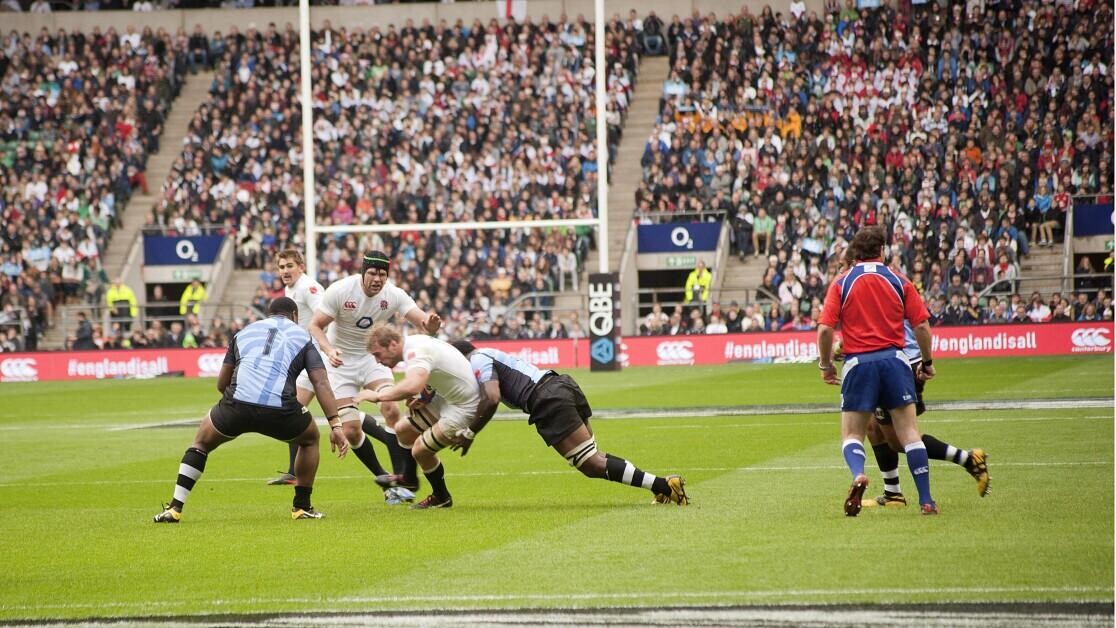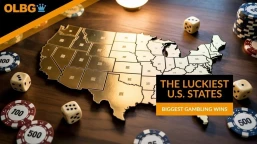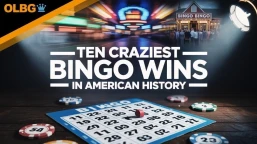
With 30+ years in racing and betting, Darren helps punters develop their skills. As OLBG’s Tipster boss and expert guide, he turns insight into winning strategy.
Are you suitably refreshed after reading part 1?
At the time there was no racing on Good Friday, Sundays, or the week before Xmas.
We could open the office to take telephone bets on one Sunday a year , Arc day.
By law, the betting shop could not open but we could go through it to get upstairs.
How times have changed and hopefully our Understanding Of Bookmakers has improved.
The working pattern at Easter was particularly odd.
Racing Monday to Thursday, Friday off, racing Saturday, Sunday off, and then one of the busiest days of the year on Easter Monday.
The first receipts for bets in the shop ( that I can recall ) were " Automaticket " a system that was something akin to an old cardboard cinema or bus ticket with a number on it.
A corresponding number was stamped on the slip.
Eventually, this was replaced by an NCR system with the number stamped on the top copy and hopefully legible on the bottom one.
The system used when I left was a photocopying method whereby the original was kept and the copy returned to the customer.
In the office, the system was slightly different.
Bets taken from the local bookies were simply recorded on a foolscap sheet of paper kept on a clipboard next to the relevant phone, with a balance agreed either after racing or the following morning.
All other bets were recorded on a continuous perforated roll ( probably 200 sheets ) carbon system with one pink and one yellow copy.
The carbon paper had to be renewed manually.
These were settled separately by two clerks and the daily balance agreed, assuming there were no errors.
Calculators, let alone bet settlers, were yet to be invented.
Thursday evening was accounts day and we couldn't go home until all the customer accounts had been balanced for the week and statements ready to be posted on Friday morning.
These were all credit accounts and while most punters would send a cheque to cover losses we did go visiting some punters to collect. This was usually a Monday morning when things were a bit quiet.
Why Can't You Pay Us?
The strangest call we got was from a pub landlord who took bets on a commission basis and ran a small menagerie at the back of the pub.
Racecourse attendance dropped and betting turnover went the same way when betting tax was introduced.
Initially, the punter just had a % deducted from any returns but as the tax rate increased shops introduced a policy whereby punters could pay extra on their stake and get the full return to their original stake.
In the meantime, in an attempt to revive the fortunes of racecourses, on course became exempt in 1987 and eventually off course followed suit in 2001 with the tax being transferred to bookmakers' profits.
It was a strange tax inasmuch as it was bought in advance.
In return, we got a form similar to the Road Fund Licence.
A block was paid for, either £100, £200, £500 or whatever, and any balance was carried over from the previous form.
A negative balance was frowned upon with much finger-wagging if it happened regularly. As it was paid on estimated turnover for the following week it inevitably happened from time to time.
The taxman would pay a visit occasionally and that was fun.
By now I was going to Derby Dogs as the " bagman ".
This entailed taking the cash and sorting it into various denominations. The 10 shilling note ( 50p ) was still going strong along with the £1 and £5 notes.
The £10 note had only just been reintroduced and was still a bit of a rarity.
The payout after the race involved asking the punter for the tax ( 5% when I was involved ) and if he didn't have it ready it was deducted from the payout.
I also monitored the clerk who had to write all the bets down.
If you have not been to a busy dog track you would have no idea how much action took place in such a brief period of time.
His writing was barely legible anyway, but I was trying to read and understand it upside down!
Some numbers were a sort of shorthand code and a dot represented a fraction ( usually ½ ). Trying to explain these to the taxman was always good fun.

There was a main grandstand on the finishing straight and a cheap enclosure on the back straight.
Between them, there was a massive gap between the first two bends and another between the last two.
The wind always seemed to blow straight through one end and out the other. It could be dreadfully cold in the winter and as well as wages we got treated to a " hot toddy " during the evening.
Racing at Derby was on Wednesdays and Saturdays with occasional meetings on a Monday.
Every Wednesday and Saturday I had to walk from the office to the bank ( at least a mile ), collect the £400 float, and walk back again.
On Thursdays and Mondays, I took the float back to the bank, again on foot in both directions.
Even as a not particularly big 20-year old I did not feel in any danger then.

The business was now very quiet and I spent the day with a pack of cards in front of me, a bridge book or two open one side of me and a kettle the other.
It was now only a matter of time before I left.
I continued to go to Derby Dogs punting for a while and even got roped into working a few times if one of the bookies was short-staffed.
I also went to Leicester dog track. Peter Shilton was a regular there and so was a young Roy Christie, a bookmaker who you may come across on the rails at the big meetings these days.
I thought my working days in the industry were over, but I was wrong.
In March 1982 I received a phone call from Corals asking me if I would work for them on Grand National day.
It was some time before I remembered that I had once applied for a job with them about 12 years earlier.
They asked me if I could get to Melton Mowbray for 10.00 on race day and I said yes.
A day or two before the race I was asked if I could go to Coalville instead.
This was just as easy so I said yes again. that shop was the pits, stuck on a street corner of a mining town, a far cry from even some shops I frequented in Leicester by then.
WHAT A MISTAKE!
Grittar was a locally trained horse, went off as a 7/1 favorite, and romped home.That reduced the load but only slightly.
I hope you have enjoyed this glimpse into life on the other side in the early days. It is hoped that others may be able to highlight the changes over time.



